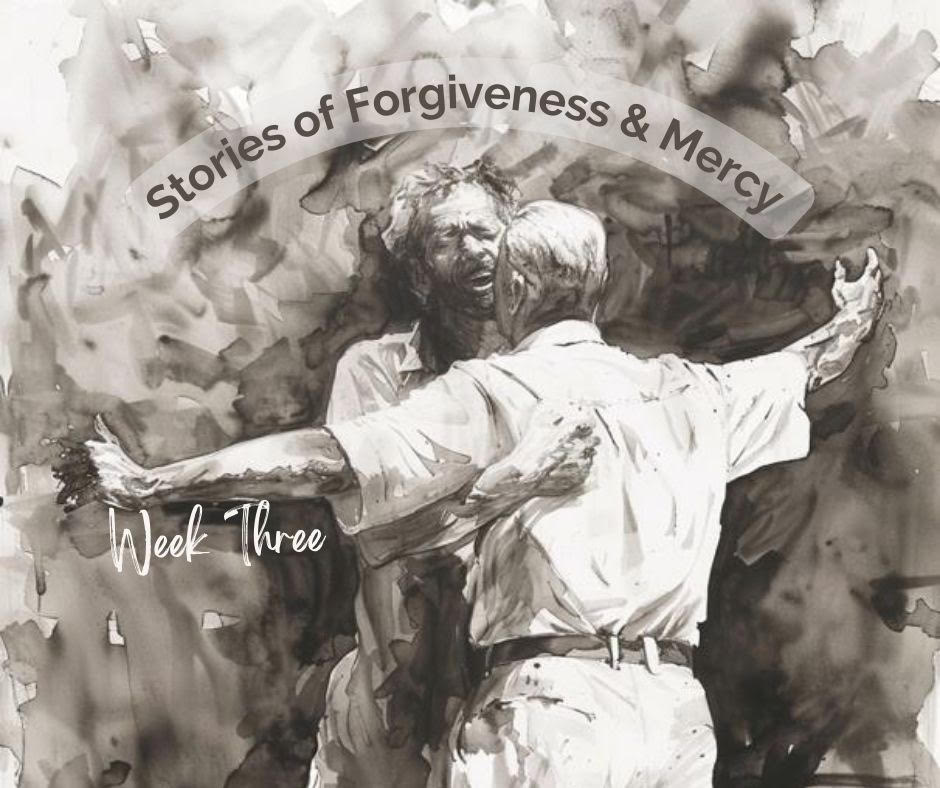Paul
used to be Saul, and the name change—signaling a new beginning—may have been the only way he could have gone on, could have lived with himself.
We first meet him at a murder. Young Stephen is being stoned for his faith in Jesus, and the accusers who took off their coats to limber up for the work of this execution “laid them at the feet of a man named Saul” (Acts 7:58). He’s the godfather of the movement to stamp out these people of “the Way.” Saul “was ravaging the church, and entering house after house, he dragged off men and women and committed them to prison (Acts 8:3). Like most godfathers, Saul probably left the actual killing to stooges, but he was at least complicit, admitting, “I persecuted this Way to the death” (Acts 22:4).
And then the Damascus Road, the blinding light, the voice from heaven—a miraculous and dramatic conversion. In a flash, the murderer becomes the missionary. Saul becomes Paul.
But how, exactly, do you live with yourself after all that? Especially when you’re as spiritually sensitive as Paul, the mystical theologian who writes some of the purplest passages in all the Bible. How did he not wake up at 2:00 am in sweats? Paul wrote famously of his “thorn in the flesh,” but there must have been a barb hooked in his soul.
And yet, we hear almost nothing of Paul’s regret. He is able to let the past be the past, able to accept the forgiveness, the blessing of his conversion. Instead of showing us how “sensitive” he is, by continually re-apologizing for his previous life and actions, he merely offers his life to God today, now. “One thing I do,” he wrote, “forgetting what lies behind and straining forward to what lies ahead, I press on toward the goal of the prize of the upward call of God in Jesus Christ” (Phil. 3:13-14).
Refusing to forgive ourselves, constantly re-living our regrets can make us feel “sensitive” and “self-aware.” When our actions have truly hurt other people, we can hold onto our guilt as a virtue signal: Look at me, we say to the ones we’ve harmed, I’m still living the punishment, so don’t think I’ve forgotten and moved on. That does nothing of course except nullify the grace of God and feed our ego.
COMPANIONS ON THE WAY
Introduction
Stories of Turning
Week One
Stories of Wild Places
Week Two
Stories of Dogged Faith
Week Three
Stories of Mercy & Forgiveness
Week Four
Stories of Simplicity & Joy
Week Five
Stories of Prayer & Surrender
Week Six
Stories of Transforming Love

“forgetting what lies behind, and straining forward to what lies ahead…,” – I’ve tended to gloss over the forgetting part, but it took effort for Paul. He could have been stuck in his past and ineffective. But by grace and work he wasn’t. There’s hope for us all.
Good point David. When we live in regret and self-recrimination, we nullify the grace of God. AND—brilliant point—feed our already big ego!